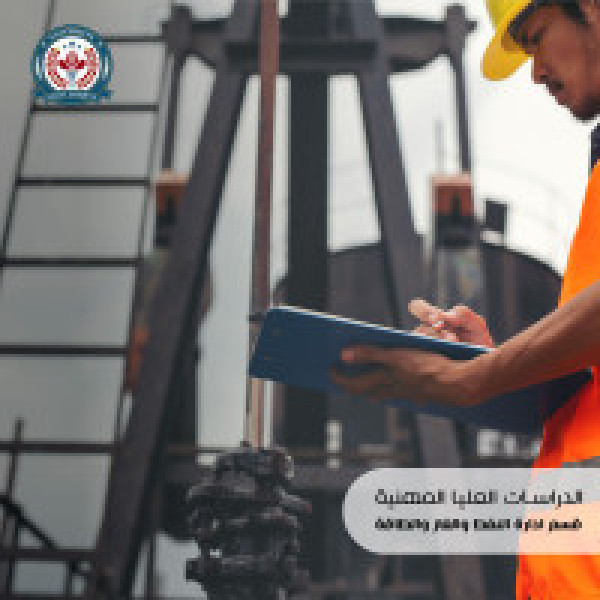Oil laboratories Management of Oil, Gas and Energy / Oil laboratories

Chemists
Chemical engineers
Ecologists
Technicians specialized in analyzing samples
Areas of work in the oil laboratories include:
Oil and Gas Analysis: Samples of oil and gas are analyzed to determine their chemical composition and various properties such as density, flash point, viscosity, sulfur content, and more.
Burnability tests: The combustibility of petroleum materials is analyzed and the values of heat and energy released during combustion are determined.
Refined product analysis: Analysis of refined products from refining processes to determine their characteristics and product quality.
Quality tests and quality control: Tests are conducted to verify the quality of petroleum products and ensure that they meet the specified specifications and standards.
Analysis of impurities and contaminants: Oil materials are analyzed to determine the content of potential impurities and contaminants and to know their impact on product quality.
Gas analysis: Gases emitted from oil operations are analyzed to assess their impact on the environment and safety.
Environmental and Safety Tests: Analyzes are provided to ensure that oil operations comply with environmental and safety standards.
Research and Development: Petroleum laboratories are used to develop and test new technologies and materials for the petroleum industry
Introduction to petroleum chemistry
Oil and gas analysis
Burnability and calorific value tests
Analysis of refined products and subcomponents
Analysis of impurities and contaminants
Analysis of gases and air pollution
Environmental analysis and safety tests
